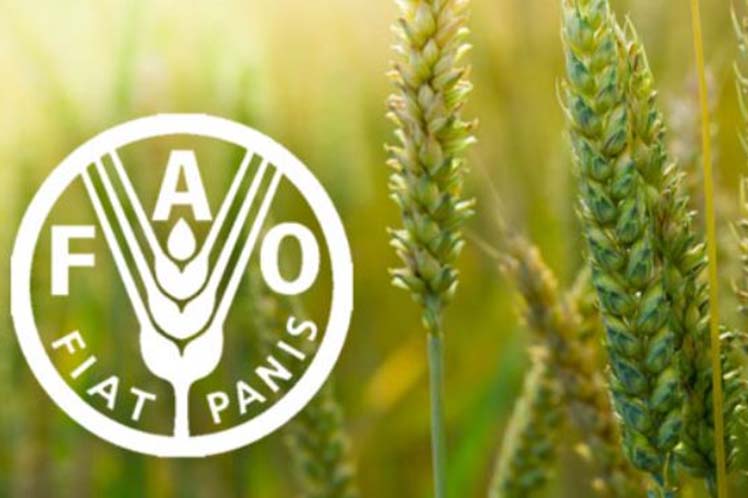Bangladesh’s import policy revision plays part in global rice price hike: FAO

Published 06 Feb,2021 via The Financial Express – Global rice prices hit a seven-month high in January 2021 in which Bangladesh’s import policy revision, among others, also played a role, according to the latest report of Food and Agricultural Organization (FAO).
The volume of country’s rice import touched six-digit number after long two years though it could hardly put any impact on the retail market, according to the official data.
Coarse rice was selling at Tk 46-Tk 50 per kilogram while medium quality at Tk 54-Tk 58 and common finer varieties at Tk 64-Tk 72 a kg in the city markets for last one week.
Coarse rice price is now above 35 per cent higher than that of last year thus hitting the people’s pockets, according to the state-run Trading Corporation of Bangladesh (TCB).
On an average, rice prices are above 17 per cent higher this year, said TCB.
The FAO report said rice price index increased by 2.6 per cent in January 2021 to reach 114.3 points.
January’s index value marked a seven-month high, standing 10.6 per cent above its year-earlier level, said the report published in February.
It said export prices of ‘Indica’ variety of rice, widely consumed in the South Asia and other Asian regions, have firmed since November last on the backdrop of tight supply prospects in Thailand and Vietnam while rising import by the Chinese traders ahead of the New Year celebrations there.
“In the parboiled segment, sentiment was also influenced by a series of government purchases by Bangladesh, its approval of lower duties on private sector imports, on condition that traders market supplies promptly,” according to the report.
The report also said export price of Indian rice has increased by 4.2 per cent to 6.2 per cent in January than that of December.
Indian parboiled (5 per cent broken) rice export price was US$ 387.5 a tonne as on January 21, 2020, it added.
However, global rice prices were $387.5-$656 a tonne based on varieties, quality and regions, said FAO.
Meanwhile, the government of Bangladesh and the private sector imported 0.102 million tonnes of rice mainly from India in last four weeks.
It is long after 2019 that rice import (in tonnes) crossed six-digit number, according to the food ministry.
An official at the Directorate General of Food (DGoF) said the government has completed formalities to bring in 0.3 million tonnes of rice.
He said the private sector has been permitted to import 1.0 million tonnes of rice.
Asit Kundu, a Nilphamari-based trader, said import cost of coarse rice is now above Tk 42-43 a kg considering existing 25 per cent duty.
Duty should be reduced further if the government wants to keep prices within Tk 40 a kg, he added.
A latest study conducted by Bangladesh Rice Research Institute (BRRI) revealed that rice production declined by 10 per cent in the Aman season this fiscal year amid several spells of flood and a cyclone in the cultivation period.
The BRRI report also said government’s low procurement from the domestic market, delay in import policy review as well as a rise in hoarding by different players caused a hike in rice prices even in the Aman harvesting season.
BRRI suggested that the government should procure 2.5 million tonnes of rice in a particular season from local sources. It also recommended that monthly supply should be minimum 1.25 million tonnes in public warehouses to put an impact on the market.
Read also
Join with the EARLY RATE – 22 International Conference BLACK SEA GRAIN.EUROP...
China cuts 2024/25 corn production forecast in December outlook
USDA experts cut forecasts for world wheat production, consumption and exports, bu...
Ukrainian sugar exports may break the record for the last 24 years
Palm oil stocks in Malaysia in November fell to a minimum in the last 4 years
Write to us
Our manager will contact you soon



